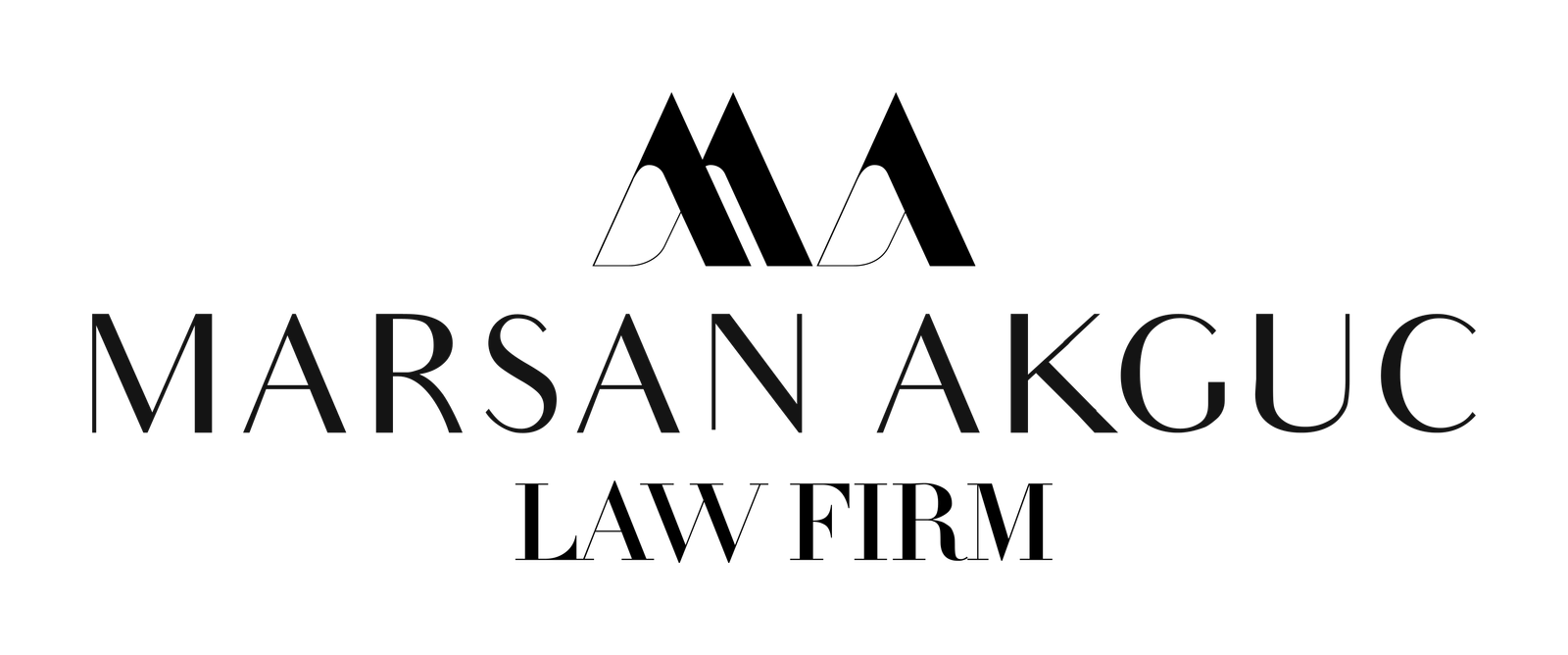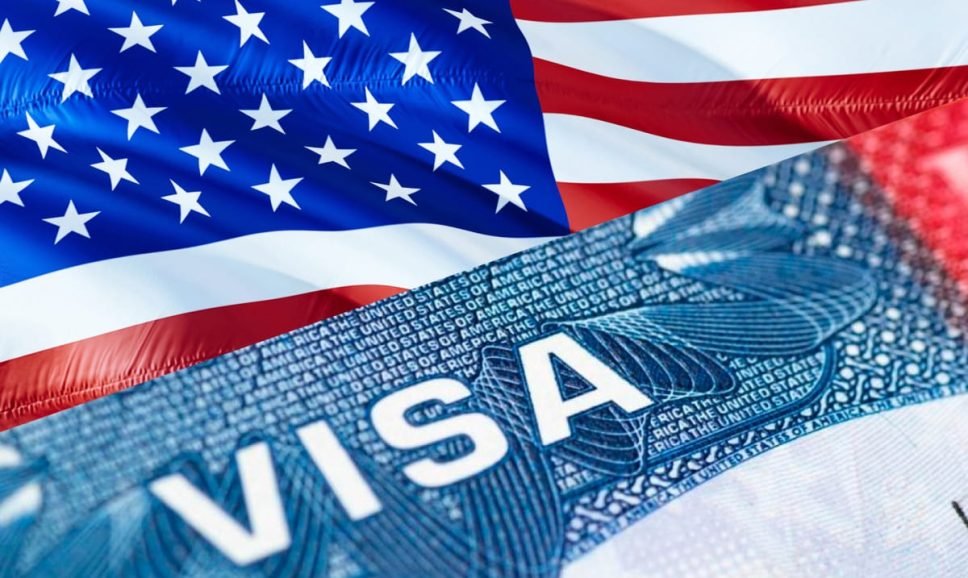When applying for performance- or talent-based visas such as O-1 or EB-1A, your documentation strategy can make or break your case.
The U.S. Citizenship and Immigration Services (USCIS) places a strong emphasis not just on what you’ve achieved, but how well you prove it in a format that aligns with their evidentiary standards.
Table of Contents
ToggleIn this guide, Marsan Akguc Law Firm explains how to properly organize and present awards, letters of recommendation, and other supporting evidence to build a powerful immigration petition.
How to Submit Awards and Recognitions Effectively
Evidence of awards or honors should clearly demonstrate that the applicant is among the top tier of professionals in their field. However, simply listing an award is not enough the context and prestige of the award must be thoroughly explained.
What to Include:
- Official certificate or documented proof of the award (with date, issuer, and signature)
- Narrative description of the award’s selection criteria and reputation
- Third-party validation, such as news articles or press coverage about the award
- Level of recognition international and national awards carry more weight than local ones
USCIS officers want to know not just that you received the award, but why it matters and how competitive it was.
What Should a Strong Letter of Recommendation Include?
Letters of recommendation (also called expert opinion letters) are often the cornerstone of talent-based visa applications. But generic or vague letters will not hold up.
Key Qualities of a Strong Letter:
- Written by a recognized expert in the applicant’s field (e.g., professor, director, producer, judge, or executive)
- Affiliated with a prestigious organization or institution
- Demonstrates personal or professional knowledge of the applicant’s work
- Clearly describes contributions and achievements no empty praise
- Maintains a formal and objective tone
Letters Should Contain:
- Specific examples of the applicant’s exceptional ability
- Statements about how the applicant’s work has influenced the field
- A comparison to peers, showing that the applicant is above average or elite
- The recommender’s own credentials and how they are qualified to evaluate talent
At Marsan Akguc Law Firm, we help clients identify suitable referees and provide letter templates aligned with USCIS expectations.
Accepted Types of Evidence for O-1 and EB-1A Visas
While USCIS does not require all applicants to submit the same documents, they typically expect at least three categories of evidence to be satisfied.
The following types of evidence are the most commonly accepted and effectively presented in O-1 and EB-1A visas:
- National or international awards (documented and prestigious)
- Critical roles in distinguished organizations, productions, or institutions
- High salary or commercial earnings compared to others in the field
- Media features and critical reviews in major publications
- Service as a judge or reviewer of others’ work (peer-review, panels, juries)
- Original contributions of major significance (publications, patents, inventions)
- Endorsements or written praise from respected institutions or authorities
Each piece of evidence should be well-labeled, clearly translated (if needed), and contextualized for reviewers who may not be familiar with the applicant’s field.
USCIS officers are not subject matter experts make your documents accessible and self-explanatory.
Working with an experienced immigration consultancy can significantly increase the chances of your case being accepted. Marsan Akguc Law Firm’s experienced team will be happy to assist you at every stage.

